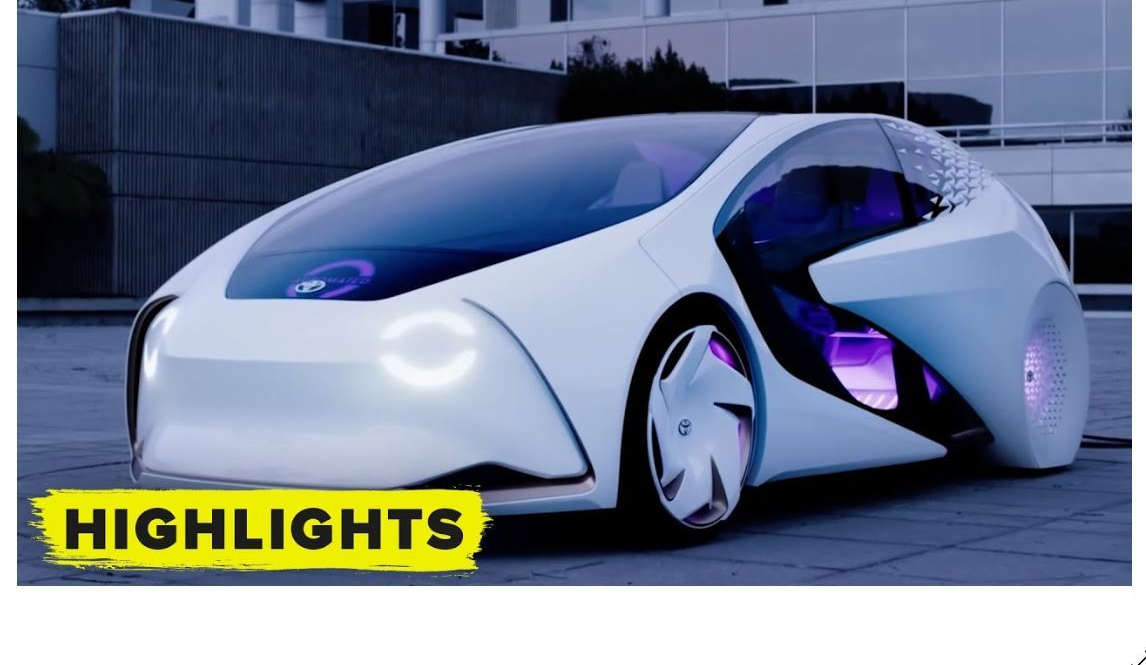Urban transport has always been a crucial aspect of city life. With the increasing population and urbanization, the demand for efficient and sustainable transport systems has become more pressing than ever. In this blog post, we will explore the future of urban transport, including the latest innovations and challenges.
- Electric and Autonomous Vehicles:
One of the most significant trends in urban transport is the shift towards electric and autonomous vehicles. Electric vehicles are becoming more affordable and accessible, and many cities are investing in charging infrastructure. Autonomous vehicles are also gaining traction, with companies like Tesla and Google leading the way. However, there are still challenges to overcome, such as safety concerns and regulatory issues. - Shared Mobility:
Another trend in urban transport is the rise of shared mobility. Services like Uber and Lyft have disrupted the traditional taxi industry, and bike-sharing and car-sharing programs are becoming more popular. Shared mobility has the potential to reduce traffic congestion and improve air quality, but it also raises questions about equity and accessibility. - Sustainable Transport:
Sustainability is a key consideration in the future of urban transport. Cities are exploring alternative modes of transport, such as cycling and walking, and investing in infrastructure to support these modes. Electric buses and trams are also becoming more common. However, there are challenges to overcome, such as the need for more investment and political will. - Smart Transport Systems:
Smart transport systems are another area of innovation in urban transport. These systems use data and technology to optimize transport networks and improve efficiency. Examples include real-time traffic monitoring, smart parking systems, and intelligent transport systems. However, there are challenges to overcome, such as data privacy concerns and the need for interoperability.
Conclusion:
The future of urban transport is exciting and challenging. Innovations such as electric and autonomous vehicles, shared mobility, sustainable transport, and smart transport systems have the potential to transform the way we move around our cities. However, there are also challenges to overcome, such as safety concerns, regulatory issues, equity and accessibility, investment, and political will. It is up to policymakers, industry leaders, and citizens to work together to create a sustainable and efficient urban transport system for the future.



